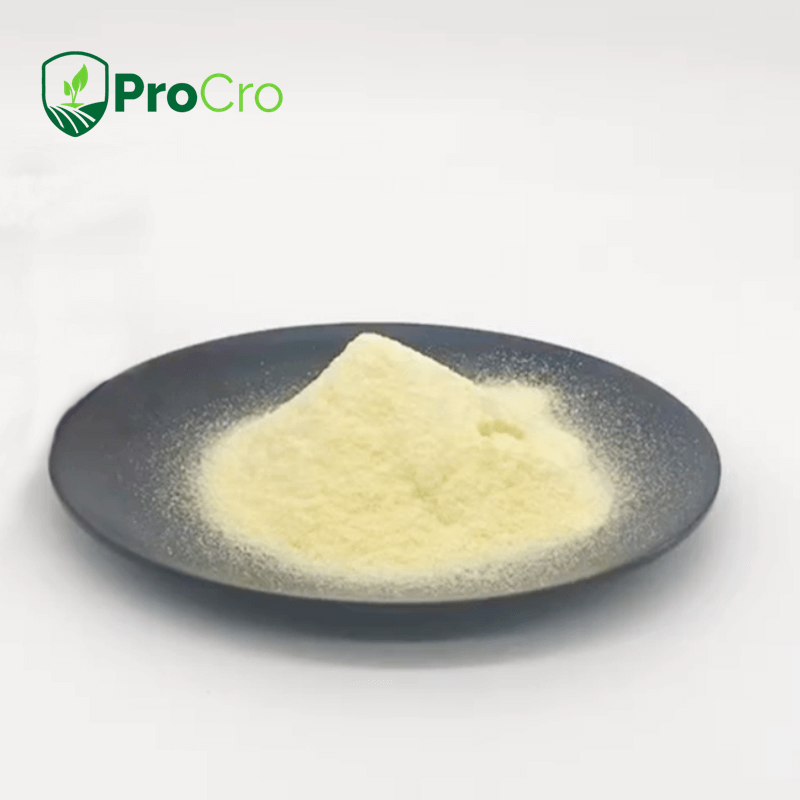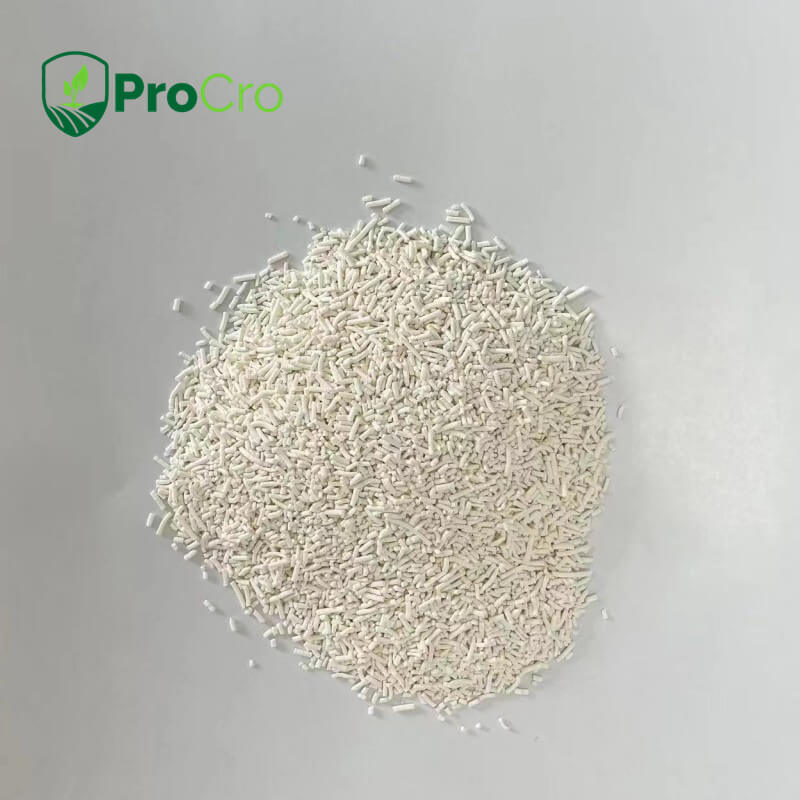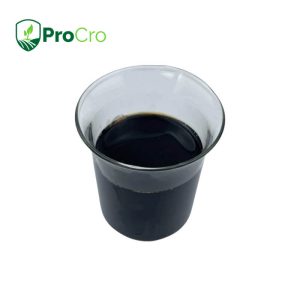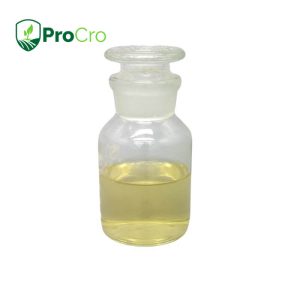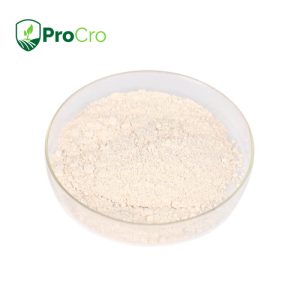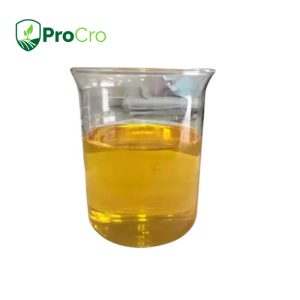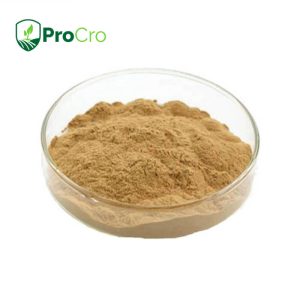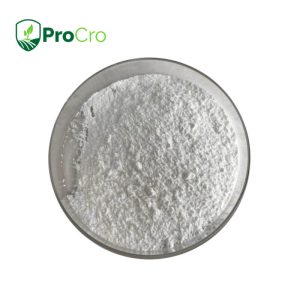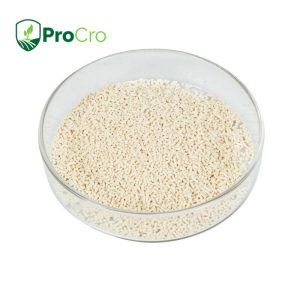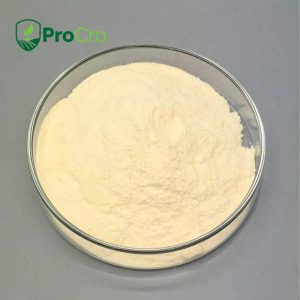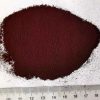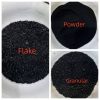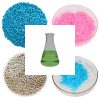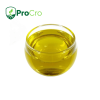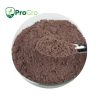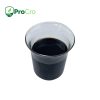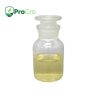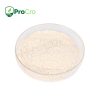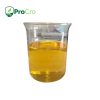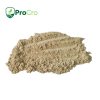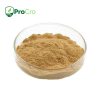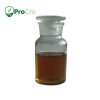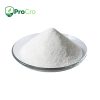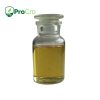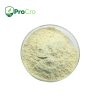Features of Propineb
- Rapid Efficacy and Long Residual Effect
Propineb is a protective fungicide that offers rapid efficacy and a long residual period, quickly suppressing disease occurrence and providing extended protection for crops against harm.
2. Broad Spectrum
Propineb demonstrates excellent control over a variety of diseases, including but not limited to downy mildew on vegetables, anthracnose, and brown spot. It inhibits the synthesis of fungal cell walls and proteins, preventing spore infection and germination while also suppressing mycelial growth, leading to deformation and death of the pathogens.
3. Good Safety Profile
Propineb is safe for many crops, with a low risk of phytotoxicity. It has low toxicity, no unpleasant odor, and is safe for users and bees. It can be applied during flowering without affecting normal crop growth and pollination.
4. Promotes Crop Growth and Enhances Fruit Quality
Containing zinc, which is easily absorbed by crops, Propineb promotes plant growth and improves fruit quality. It enhances crops’ resistance to drought, disease, and cold, while also boosting their ability to resist viruses.
5. Versatile Application Methods
Propineb can be used to control a range of crop diseases, such as downy mildew on cucumbers, downy mildew on Chinese cabbage, early blight and late blight on tomatoes, as well as anthracnose on mangoes. Application methods include spraying and others.
Product Details of Propineb
| Product name | Propineb |
| Tech grade | 98%TC |
| Formulation | 80%WDG, 70%WP, 50%WP |
| Molecular formula | C5H8N2S4Zn |
| CAS No. | 12071-83-9 |
| EINECS No. | 235-134-0 |
| Shelf life | 2 Years |
Application
Propineb is a protective fungicide that must be applied before or at the onset of disease. It should not be mixed with copper-based products or alkaline agents. If copper products or alkaline agents are sprayed, wait one week before using propineb.
Application Method
Apply the fungicide before disease onset or at the initial stage of infection. Depending on the severity of the disease in the crops, it is typically applied 3-4 times, with intervals of 5-7 days between applications.
1. Grapevine Downy Mildew
Spray 70% wettable powder diluted at 400-700 times when the disease first appears. Approximately three applications should be made, with intervals of about 7 days.
2. Citrus Anthracnose
At the initial stage of the disease, use 70% wettable powder diluted at 600-800 times for spraying.
3. Tomatoes
– Early Blight: Early blight typically occurs when tomatoes are just starting to bear fruit. Use 125-190 grams of 70% wettable powder per acre, diluted with water for spraying. Apply approximately every 5-7 days for 2-3 consecutive applications to see results.
– Late Blight: After late blight appears, remove infected plants before spraying. Use 150-220 grams of 70% wettable powder, applying approximately 2-3 times with intervals of 5-7 days.
4. Cucumber Downy Mildew
After planting outdoor cucumbers, they are prone to disease in humid and warm conditions. Remove infected leaves before spraying. Use 150-215 grams of 70% wettable powder diluted with water for spraying. A total of 3 applications should be made, with intervals of 5-7 days. To enhance preventive effects, spray once after rain.
5. Apple Scab and Leaf Drop Disease
This disease easily infects tender leaves. When the disease occurs, spray with 70% wettable powder diluted at 600-700 times. Apply 3-4 times, with intervals of 7 days, and make an additional application in the autumn.
6. Tobacco Red Spot Disease
At the initial stage of the disease, use a 500-700 times diluted solution or 90-130 grams of 70% wettable powder. Apply approximately 3 times, with longer intervals of about 10 days.
7. Mango Anthracnose
Start spraying with 70% wettable powder diluted at 500 times during the flowering period of mangoes, especially when there is a lot of rain. A total of 4 applications should be made, with intervals of 10 days between each application.

